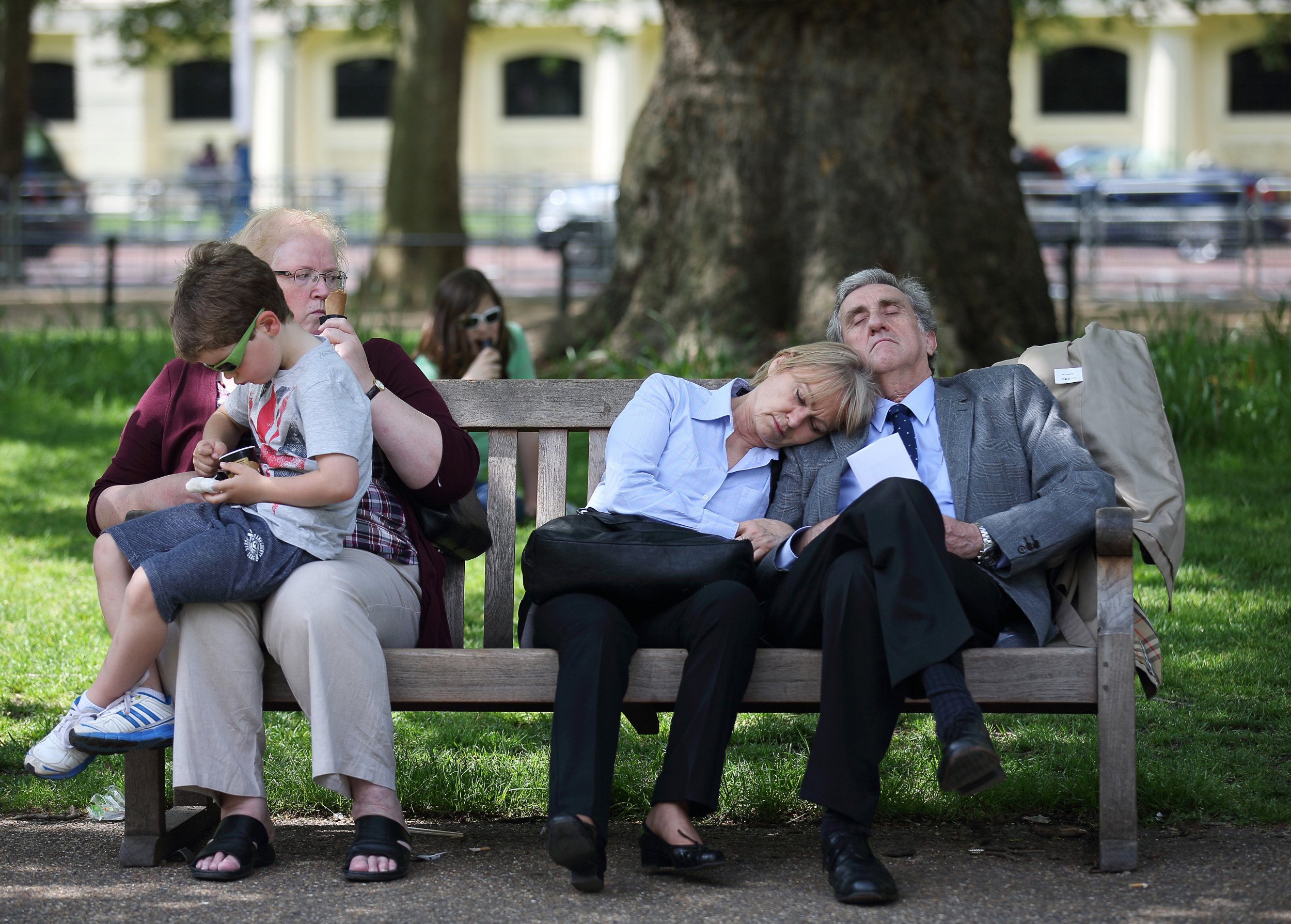
Getting too little sleep not only makes you feel miserable, it could also impact your memory. But depending on whether you're male or female, sleep deprivation can affect you differently, according to a new study.
Researchers from Uppsala University in Sweden recruited 24 young adults—an equal mix of males and females—in order to examine the effects of poor sleep habits. They had some of the participants sleep through the night, while the others pulled an all-nighter.
Related: How Much Sleep Do You Really Need? Fruit Flies Might Shed Light on the Answer
All of the participants were then assigned a memory task, involving an eight-digit sequence, which they were asked to recall. It's designed to test the working memory, which refers to your short-term or recent memory. Half of the group learned the numbers in silence, whereas the others heard them while an "auditory distraction" was present, according to the research published Wednesday in the Journal of Sleep Research.
The study results revealed that men's working memory wasn't affected by sleep loss, but women's memory was, as they were unable to recall as many digits. Women also weren't aware of their decline in working memory due to sleep loss, which the authors note could lead to serious accidents and mistakes.
"For instance, sleep-deprived humans have been shown to be more prone to cause both minor and severe accidents in traffic scenarios," the authors wrote in their paper, indicating that it could be especially worrisome for those who are unaware of how they're being affected.
"Particular attention should be paid to young women facing challenges in which they have to cope with both a high working memory load and lack of sleep," the authors conclude.
Although previous studies have also observed that sleep loss impairs memory, it's important to point out that the current study was based on a very small sample size, so larger, more vigorous studies would be needed to confirm the findings.
Related: Man Dies in Sleep After Leaving Fans On When Temperatures Dropped
Also, just because their results suggest men and women are affected differently, "this does not mean that the sex-difference we observed can be generalized to other mental or physical measures of how we are affected by sleep loss," Frida Rångtell, lead study author and a doctoral student in the Department of Neuroscience at Uppsala University, said in a statement.
Not getting enough sleep—or getting too much—can also affect your mood and increase your risk of heart disease and diabetes, among other conditions, according to the National Institutes of Health. And while the number of hours each of us should get varies, adults are generally recommended to get at least seven hours per night, according to the Centers for Disease Control and Prevention.
Uncommon Knowledge
Newsweek is committed to challenging conventional wisdom and finding connections in the search for common ground.
Newsweek is committed to challenging conventional wisdom and finding connections in the search for common ground.
About the writer
To read how Newsweek uses AI as a newsroom tool, Click here.








